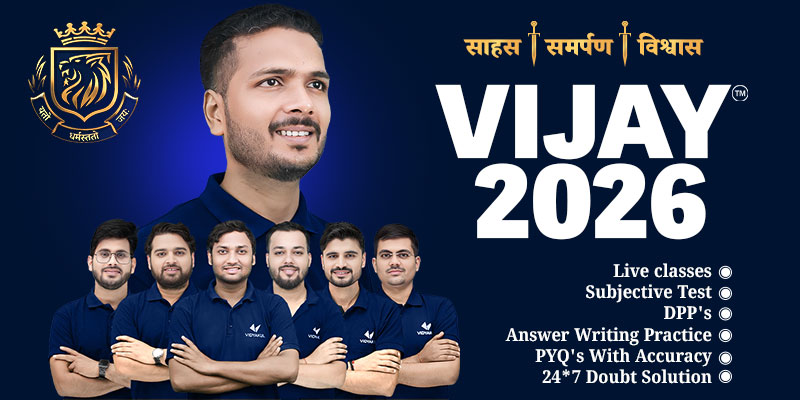UP Board Class 12th English-Prose – Chapter 7: Handwritten Notes of The Interview - Part I & Part II
"The Interview" is a chapter that delves into the significance, impact, and diverse perspectives on the practice of interviews. It comprises two parts: Christopher Silvester's exploration of the history and evolution of interviews in journalism, and an excerpt from an engaging interview with Umberto Eco, a celebrated writer and scholar. Together, the two sections provide a comprehensive understanding of interviews as a powerful medium of communication, their influence on public life, and the differing views they evoke.
Key Points
Origin and Development of Interviews:
- Interviews emerged in the 19th century as a journalistic tool and have since evolved into a vital means of capturing and sharing ideas, personal stories, and opinions.
- They provide readers with intimate glimpses into the lives of notable personalities, making interviews an essential aspect of modern media.
Controversial Nature of Interviews:
- While interviews are often celebrated for their ability to connect public figures with their audiences, they are also criticized as intrusive.
- Prominent individuals like Lewis Carroll and V.S. Naipaul have openly disliked interviews, viewing them as invasive and superficial, while others see them as a platform for expression and storytelling.
Interviews as a Tool of Influence:
- Interviews serve as a bridge between the private and public spheres, allowing audiences to understand the thoughts and motivations of influential figures.
- They play a significant role in shaping public perception and promoting transparency in various fields, including literature, politics, and entertainment.
Umberto Eco’s Perspective on Interviews:
- Umberto Eco views interviews as an opportunity to share his ideas and philosophy with a broader audience.
- Known for balancing scholarly pursuits with fiction writing, Eco believes in presenting complex ideas in an accessible manner without oversimplifying them.
- He highlights the importance of maintaining clarity and depth in communication, emphasizing the significance of intellectual engagement.
The Ethical Debate:
- Both parts of the chapter touch upon the ethical concerns associated with interviews, such as sensationalism and the potential distortion of facts.
- The challenge lies in conducting interviews that are both respectful and informative, preserving the authenticity of the conversation while engaging the audience.
Conclusion
"The Interview" offers a multifaceted perspective on the practice of interviewing, highlighting its role as a powerful tool for communication and connection. Through Christopher Silvester’s historical analysis and Umberto Eco’s personal reflections, the chapter underscores the significance of interviews in shaping public opinion and fostering intellectual dialogue. While interviews may evoke mixed reactions, they remain an indispensable medium for bridging the gap between individuals and their audiences, celebrating the art of conversation in a complex, interconnected world.
<English के सभी Chapters के Handwriting Notes के लिए अभी Download करें Vidyakul App - Free Download Click Here




